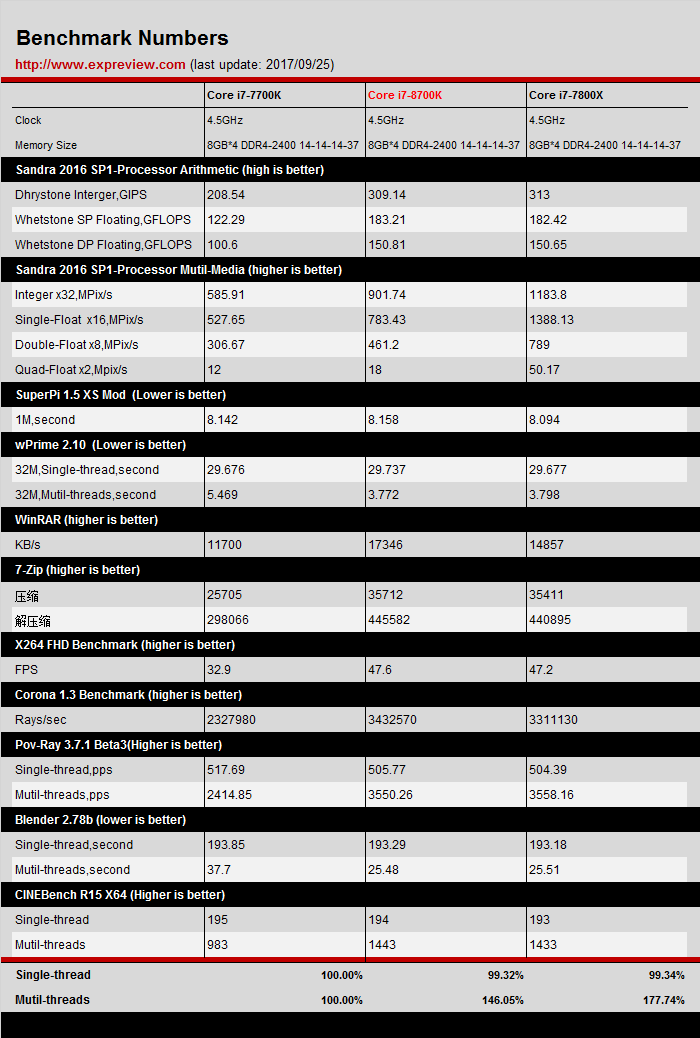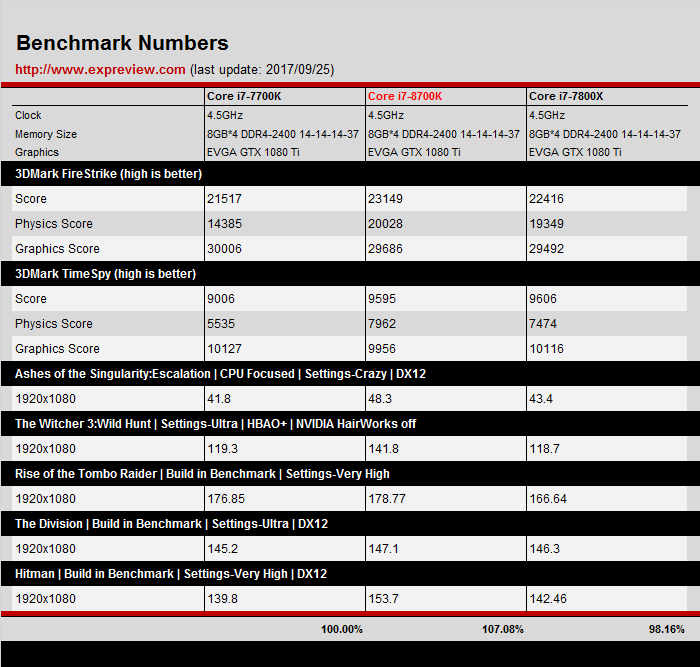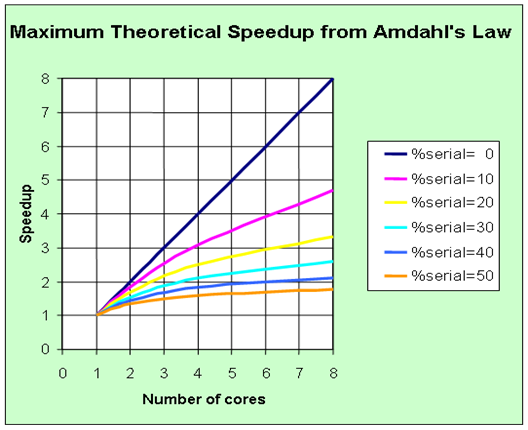dullard
Elite Member
- May 21, 2001
- 26,196
- 4,869
- 126
Quote from other thread:
http://hexus.net/media/uploaded/2017/8/077382dc-f61f-46b6-9fee-0e16bc3f7534.jpg
The key difference to me between the Z370 and the upcoming 300 series platform is limited processor compatibility at launch. But, I've never once upgraded a processor without also wanting an upgraded motherboard, so, to me that isn't a concern. And I'm unlikely to drop from a 6-core processor down to a 2 core one. The rest doesn't seem very important. So what if the chipset doesn't have quad-core audio? I haven't had quad core audio and am quite happy with my computer sound. Most of the other features missing in Z370 will be added by the motherboard (such as USB 3.1 Gen2 and Wi-Fi).
So, really the difference to me is that the Z370 might require a motherboard that costs a few dollars more. I am willing to spend a few extra dollars to get a computer this fall rather than wait until some unknown time in 2018.
What percent of people actually upgrade processors to a different generation? I honestly do not know. Does it even reach 1%? This is more of a very niche issue for very limited number of people. Worst case scenario: you sell your old motherboard with your old processor for a few dozen dollars lost then upgrade to a new motherboard + new CPU.
All we really know is from this image:The real question here is: are people willing to spring for Z370 when it's a one-off platform for only Coffeelake? Wait awhile longer for Z390 + Coffeelake and you get compatibility with Icelake plus some extra features (if you care).
I can't help but think that Intel messed up by announcing so much about Z390 so far in advance.
http://hexus.net/media/uploaded/2017/8/077382dc-f61f-46b6-9fee-0e16bc3f7534.jpg
The key difference to me between the Z370 and the upcoming 300 series platform is limited processor compatibility at launch. But, I've never once upgraded a processor without also wanting an upgraded motherboard, so, to me that isn't a concern. And I'm unlikely to drop from a 6-core processor down to a 2 core one. The rest doesn't seem very important. So what if the chipset doesn't have quad-core audio? I haven't had quad core audio and am quite happy with my computer sound. Most of the other features missing in Z370 will be added by the motherboard (such as USB 3.1 Gen2 and Wi-Fi).
So, really the difference to me is that the Z370 might require a motherboard that costs a few dollars more. I am willing to spend a few extra dollars to get a computer this fall rather than wait until some unknown time in 2018.
What percent of people actually upgrade processors to a different generation? I honestly do not know. Does it even reach 1%? This is more of a very niche issue for very limited number of people. Worst case scenario: you sell your old motherboard with your old processor for a few dozen dollars lost then upgrade to a new motherboard + new CPU.





